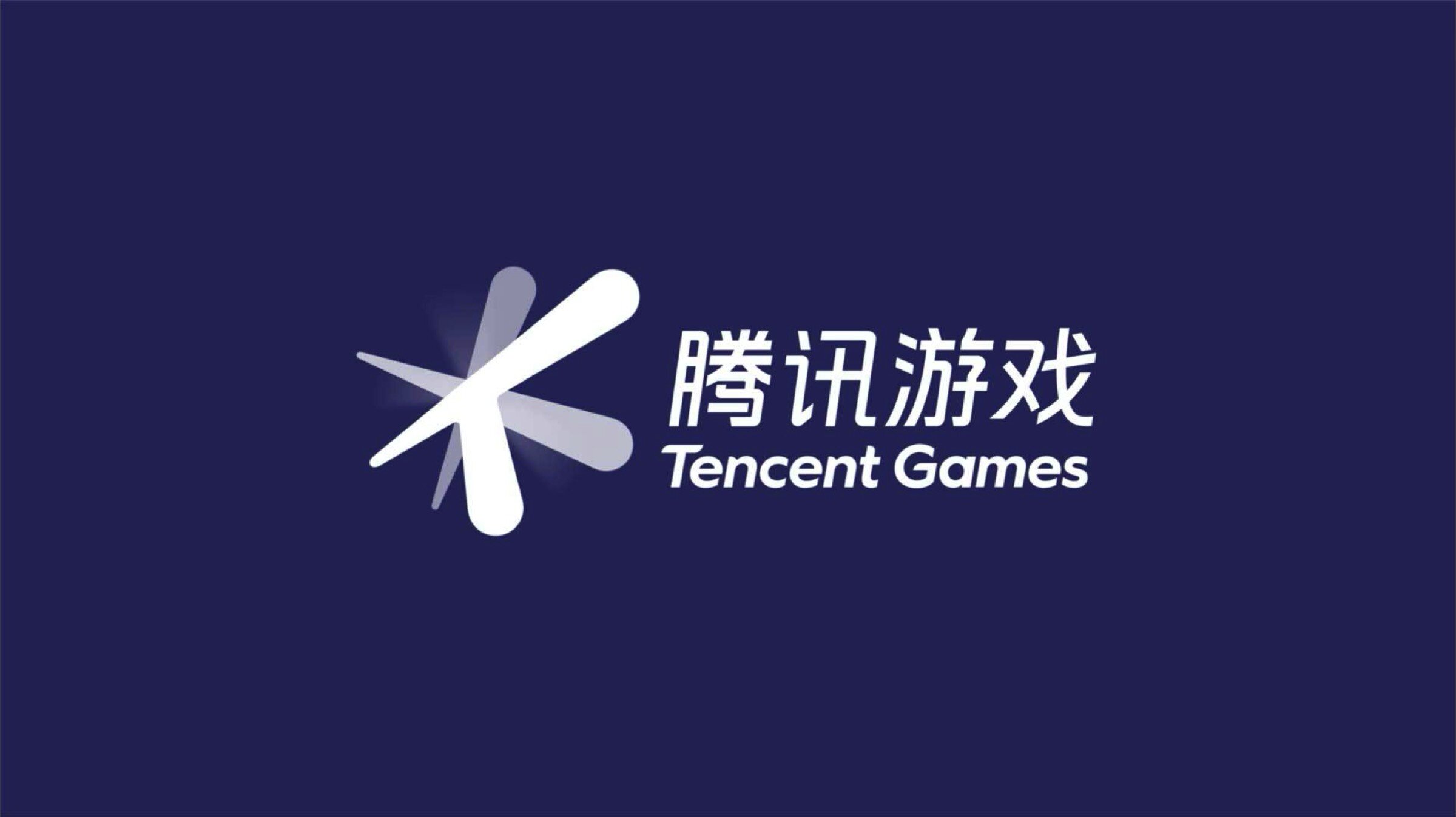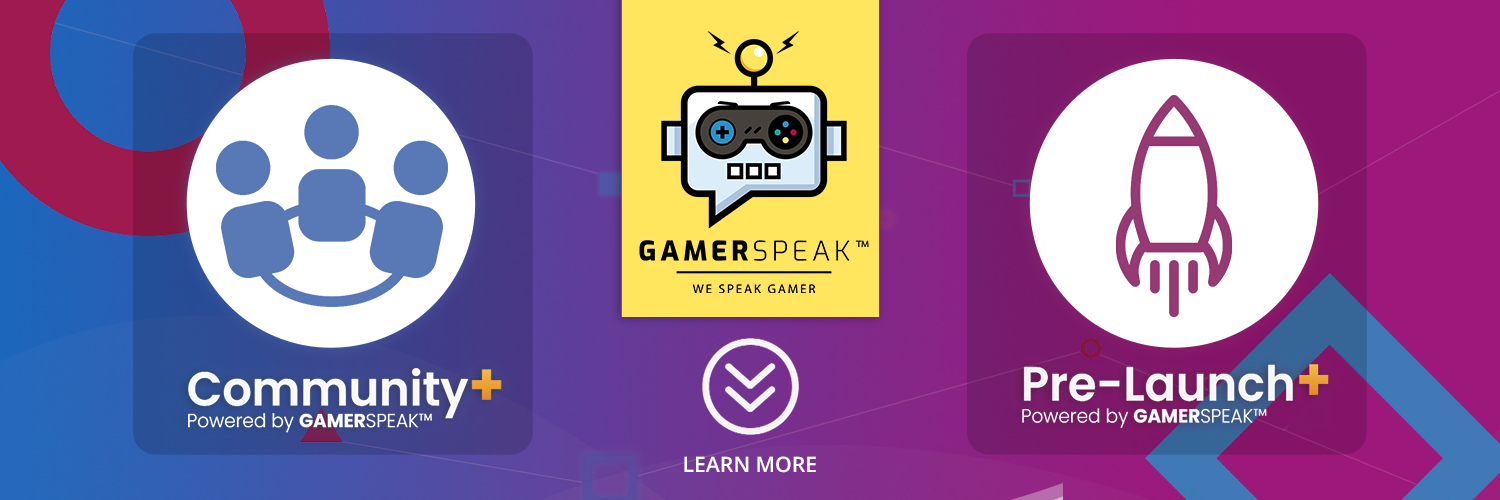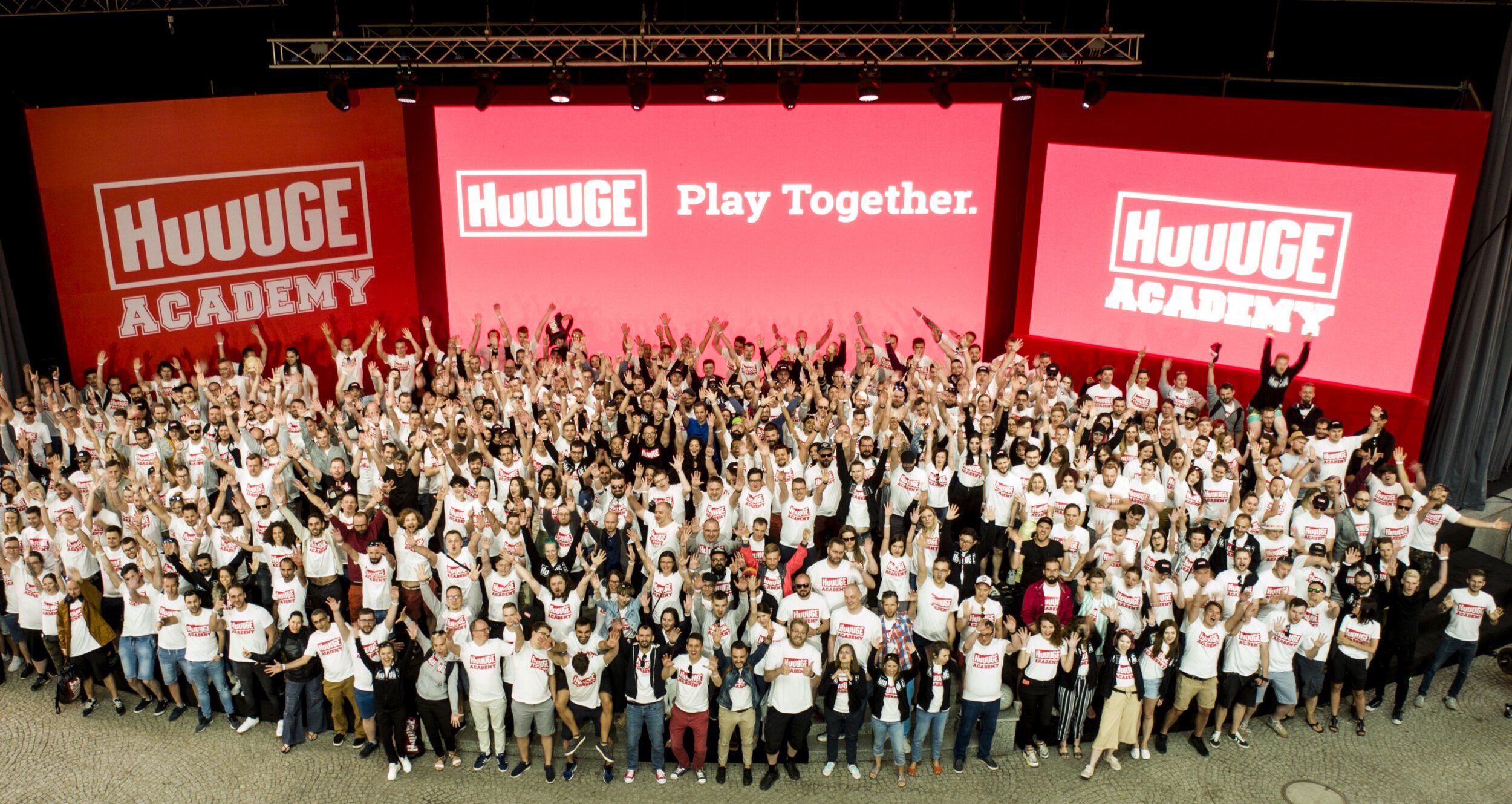Hi everyone — we’re hiring! We have an exciting opportunity to share. If you’re interested in joining our team part time and getting paid to write about gaming-related startups, emerging trends, and venture capital please email us at either [email protected] or [email protected]. We’re lining up some exciting client work and would love to rope you into future newsletters and other projects as we grow. Shoot us a message for more info, and even if you’re on the fence we’d love to hear from you.
Now, here’s your weekly roundup and analysis of what’s happening in the video game industry…
#1: Into the Void: Where Crypto Meets the Metaverse
My friend Piers Kicks from Delphi Digital just wrote a brilliant essay that will likely alter your worldview, and I’m thrilled that we get to host it. It’s about the internet of tomorrow, why crypto has an imperative role to play in it, how digital economies will transform as a result, and what this all ultimately means for the gaming industry (and beyond). He wraps up with takeaways for companies, entrepreneurs, and investors. No matter your prior notions about crypto, I highly recommend setting time aside to read Pier’s thoughtful analysis:
#2: Mini Games Exploded in Popularity - What’s Next?
This week Tencent held a WeChat Mini Games conference and provided an update about the company’s mini games ambitions. WeChat mini games, which launched in 2017, are H5 games directly playable on WeChat, China’s de facto messaging app. Given that Zuckerberg’s empire is shut out of China (i.e. no Facebook Messenger, WhatsApp, Instagram messages), WeChat is basically the single dominant app that everyone in China uses for all personal and business communications (there are other apps but those are supplementary). For context, WeChat now has 1 billion monthly active users in China.
That’s a long setup to say that the performance of WeChat mini games may be a good indicator of what lies ahead globally for Facebook’s and Snapchat’s instant games. WeChat’s monthly users of mini games reached 500 million for the first time in 2020, which means that roughly 1 in every 2 people on WeChat engage with mini games. This is, of course, a very rough back-of-envelope calculation, but it gives a ballpark estimate for anyone trying to calculate the potential upside for instant games on Facebook and Snapchat.
According to Tencent, players over the age of 30 represent 66% of the overall player base while people from 3rd-5th tier cities represent 60% of the audience. Play time increased by 50% year-over-year, and overall business increased 20% from 2019 to 2020. Content-wise there’s also been an ongoing maturation with both ad-driven and in-app purchase (IAP) driven mini games. Ad-driven mini games evolved from simple puzzle games (in 2018) to simulation games (in 2019) to action and tower defense games in 2020. IAP-driven mini games have also steadily evolved; in 2018 and 2019, RPG games were most prominent, and MMOs + simulated life games (SLGs) started taking share in 2020. Top MMO and SLG mini games have amazing retention — D1-70%, D7-50%, D30-40% — with even one game topping RMB2 billion in revenue (or roughly $300 million).
Going forward, here are some Tencent’s priorities for mini games in 2021:
-
Direct account sync with Tencent’s video platforms for better livestreaming experiences
-
Improve the playable ad experience
-
Better sync with PC to bring seamless cross platform gameplay
-
Improve the ad distribution and targeting within Tencent’s ecosystem
Of course, WeChat’s mini games are not the only player in town. ByteDance has also enjoyed tremendous success with instant games on their Douyin app, creating a symbiotic ecosystem of creators, games, and advertisers. For example, #steppypants has 700 million views on the Chinese TikTok platform and could be played directly as an instant game. With the ongoing maturation of H5 game tech and cloud gaming tech, there is a seismic shift coming over the next 5-10 years. Instant games are maturing in China, and it’ll be fascinating to watch how future developments unfold. Could the power of app stores wane and part of the replacement be playing through other important platforms? It’s certainly possible, at least in China, and we’ll keep an eye on how instant games evolve around the world. Read our Playco analysis to learn more. (written by Owen Soh, China Market Entry Consultant)
Sponsored By GamerSpeak
GamerSpeak is a turn-key solution for game developers who have lean community teams and need a community solution that delivers high-quality recommendations for increasing their game’s revenue and professional level strategy guides that enhance player engagement.
Our Community+ service includes:
-
Detailed recommendations for improving your game’s monetization and engagement
-
Unbiased authentic sentiment reporting
-
Professionally written strategy guides
-
Community management and creation
GamerSpeak clients are some of the biggest publishers in the industry including: Machine Zone (Final Fantasy XV) and Netmarble (7 Deadly Sins). GamerSpeak has a 100% client retention rate.
-
In 2020, 632 recommendations were implemented by GamerSpeak clients.
-
The Seven Deadly Sins: Grand Cross Fandom site reached 10,000 daily pageviews organically within 6 months, and over 1 Million total page views in 8 months.
In addition, GamerSpeak offers Pre-Launch+, a turn-key service for games in their beta or pre-launch stage.
Learn more about GamerSpeak's Community+ and Pre-Launch+ service:
#3: Huuuge Prepares to Fill its M&A War Chest
On Monday, the Polish social casino developer Huuuge announced its intention to float on the Warsaw Stock Exchange. 2021 is looking to become a year of games IPOs, as this comes in the wake of Playtika ringing the NASDAQ opening bell just last Friday and mere weeks ahead of the expected listing date of Roblox.
We wrote about Huuuge last year as the company announced it was preparing for the IPO. While the exact details of Huuuge's listing are still scarce, we do know that the plan is to issue $150M worth of new shares in addition to existing shareholders selling sizable chunks of their positions in the company. Huuuge is not the first big-ticket item to be listed in Warsaw. In fact, it will be the 14th games company listed in the Polish stock exchange, joining the likes of CD Projekt and Ten Square Games.
According to Huuuge, its business is split into three areas: social casino, publishing, and non-casino casual games. The first, including their flagship title Huuuge Casino, is Huuuge’s bread-and-butter business and source of almost all its revenue. The other two — publishing and non-casino casual games — are relatively new ventures that Huuuge looks to expand on in the coming years.
Notably, Huuuge is planning to grow on all three fronts. The company’s strength in social casino is tried and true, and the fundamentals are definitely impressive: Huuuge has managed to grow its revenue 30% year-on-year for three consecutive years while staying profitable. Huuuge's statement only exposes revenue until last September, but making the conservative assumption of continuing on a similar run rate for 2020/Q4, last year's revenue should amount to roughly $330M.
However, the two new business areas of publishing and new game genres remain uncertain. First, so far the only Huuuge-published game to really make a mark is Traffic Puzzle, an innovative take on match-3 developed by the fellow Poles at Picadilla. Publishing is an inherently hard business to crack, and the industry hasn't really seen major publishing successes in a while. Second, learning the ropes of new game genres usually takes time, a successful acquisition, several key hires, or a combination of all three. In fact, expanding beyond their core genre has been a trend that social casino companies at large have followed, including industry juggernauts Playtika and Aristocrat. So far, the success cases have been all about acquisitions. Playtika already owns casual game household names Wooga and Seriously while Aristocrat has a strong position in both mid-core and casual with Plarium and Big Fish. Even the relative newcomer Moon Active recently expanded beyond casino with its MelSoft acquisition.
Huuuge's acquisition strategy, on the other hand, has so far been one of smaller acquihires such as Double Star and Playable Platform. If Huuuge desires to make a significant impact to its top line outside of social casino sooner rather than later, it will need to muster up the money for $100M+ acquisitions as its competitors have done. Once Huuuge's IPO is completed, with $150M of fresh capital in its pocket and armed with the financial instruments available to publicly listed companies, this is certainly within their reach. (written by Miikka Ahonen)
#4: Bloober: A Small Yet Emerging Leader in Horror Games
Bloober Team (‘Bloober’) — a small company you probably haven’t heard of but should know about — was founded in 2008 by Polish game veterans Piotr Babieno (CEO), Mateusz Lenart (Creative Director), and Konrad Rekiec (CTO). The company is listed on the Polish exchange with approximately a $95 million market cap, and it’s grown into a vertically-integrated, horror-genre market leader with a 120 person team.
Since 2008, the company has evolved from initially relying on third-party publishers to developing its own IP with a focus on psychological horror. Three original IPs were released within four years with sequels for each one of them:
-
Layers of Fear, the studio’s first entry into psychological horror, has accumulated millions of users since its release in 2016.
-
Its second release, Observer, was named “one of the best cyberpunk games in years” by Game Informer.
-
The studio got increased recognition when its game Blair Witch, which is based on Lionsgate’s horror classic, became a hit.
Over the last three years, the company has built a multi-platform publishing model (PC, VR, Console, etc.). This is a massive deal because it allows Bloober to capture all of the value from its titles. More importantly, Bloober’s strategy to create a ‘Hidden Horror’ subgenre — which is themed as morally ambiguous with thought provoking narratives — is fascinating.
Last year, the company unveiled The Medium, an in-house developed and US-patented dual-reality game. The Medium launch (this week!) will be Bloober’s biggest yet. I really believe that the company will succeed based on three variables 1) IP sequels, 2) new launches, and 3) favorable unit economics with vertical integration.
There are few horror-centric studios that operate at the same cadence and position as Bloober, which will allow them to increasingly become a market leader in horror. Large stakeholders in the space like Microsoft, Visceral Games, Konami, Red Barrels, Frictional games, Visceral Games, or Capcom should pay attention – owning some or all of Bloober is an avenue to own the category. (written by anonymous guest contributor)
🎮 In Other News…
-
Krafton (the company behind PUBG) could be valued at $27.2bn for IPO. Link
-
Steam to enter China officially in 2021, raising concerns about censorship as content purge continues. Link
-
Apple reportedly planning VR headset for next year. Link
-
Gaming the system: How GameStop surged 1,500% in nine months. Link
-
In 2020, there were 44 WeChat games with more than 10 million sales. Link
-
Tencent buying majority stake in Don’t Starve maker Klei Entertainment. Link
-
Activision Blizzard’s Vicarious Visions studio moved from the Activision side to the Blizzard side. Link
-
Microsoft backtracks on Xbox Live Gold price hike. Link
-
Miniclip acquires Online Soccer Manager studio Gamebasics. Link
-
Nacon acquires Big Ant Studios for €35m. Link
-
Team17 acquires Golf With Your Friends for £12m. Link
-
Playtech sells YoYo Games to Opera for $10m. Link
-
Savage Game Studios raises $4.4 million for mobile shooter game. Link
-
Interactive reality TV show Rival Peak reached 22 million views. Link
-
Capcom raises forecasts thanks to growing digital sales. Link
-
Voodoo Partners With Amazon Prime Gaming. Link
🖥 Content Worth Consuming
Ilkka Paananen - Superpowering Teams. (Founders Field Guide) “Ilkka Paananen is the Founder and CEO of Supercell, a mobile game developer based in Finland. We cover how Supercell hires and designs teams, why they incorporate as little process as possible, and the rise of global, social games.” Link
2021 Predictions #3 Top Mobile RPGs Will Go Cross Platform. (Deconstructor of Fun) “The RPG market is a high risk, high reward genre walled by a robust entry barrier. Breaking into the top of the genre requires often massive development investments, an unrivaled content pipeline, and superb live operations - and often an appealing IP. A studio working on an RPG has to focus on depth over core gameplay, have incredibly robust live operation capabilities, and nearly impeccable production processes that keep the content fresh for the players. All of the above require serious investments, which increases the risk of building an RPG game for a studio.” Link
Between the Fitting Room and the Metaverse Pt 1. “Why the relationship between games and fashion is interesting to follow for the fashion / game / data industries.” Link
ASO App Store Category Spotlight: Match-3 Games. (Storemaven) “In this teardown we dive into match-3 games, discussing their deeper layers, like storylines, progression, minigames etc, and how strategizing your creatives can give a game a real boost. Match-3 games are a distinct group worthy of their own analysis even though ‘match-3’ isn’t actually a category in the App Store, they instead sit under the Casual category. For our analysis, we took the top 20 games in the US from the casual category that use match-3 mechanics.” Link
Facebook may take 7% revenue hit from Apple privacy changes. (Mobile Dev Memo) “I believe that Apple’s upcoming iOS privacy changes will significantly harm Facebook’s revenue, causing a roughly 7% revenue impairment in Q2 2021 in the base case scenario. Subsequent quarters will also face revenue losses. The logic applied to the assumptions used in the model is presented below. But the takeaway is this: given Facebook’s guidance last month that Apple’s ATT restrictions will govern campaign tracking for app-to-web ad campaigns as well as app-to-app campaigns, the damage to Facebook’s revenue caused by Apple’s new privacy policy will be material.” Link
Thanks for reading, and see you next week! As always, if you have feedback let us know here.













